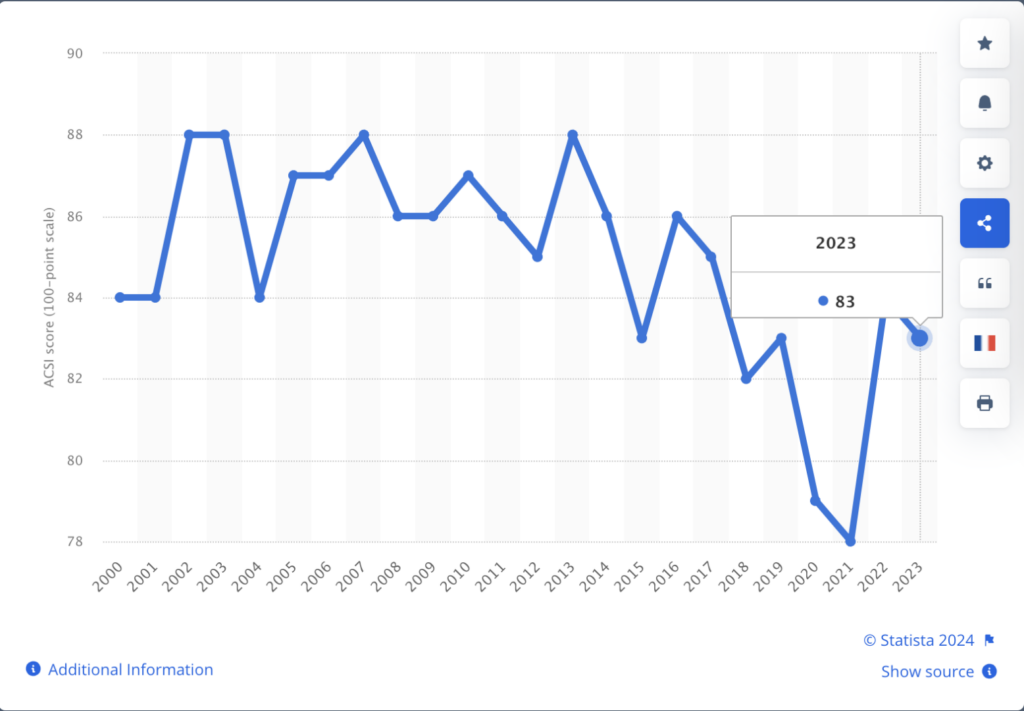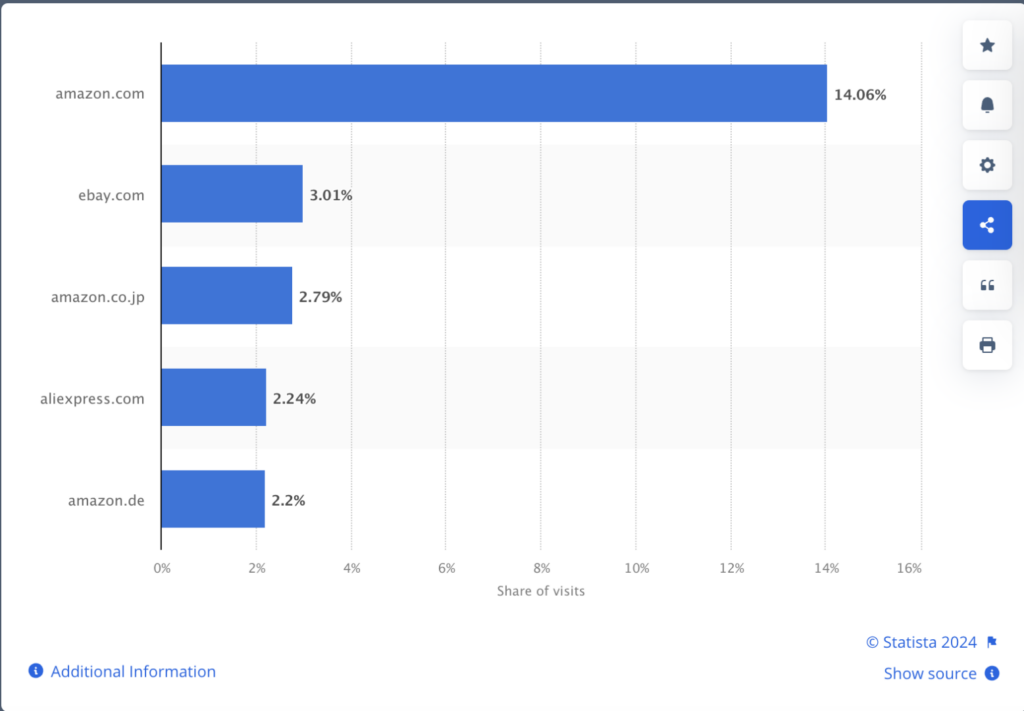
Amazon.com, Inc. founder and the world's second richest person with a net worth of $209 billion currently, Jeff Bezos built the e-commerce giant using customer satisfaction as a key strategy.
What Happened: The “Bezos Effect” on customer experience is undeniable. Few have championed customer-centricity and prioritizing the experience more than Amazon’s founder.
Bezos was known for keeping an empty chair in meetings to symbolize “The Customer” as the most important person in the room.
He once famously said, "If you make customers unhappy in the physical world, they might each tell 6 friends. If you make customers unhappy on the internet, they can each tell 6,000 friends."
It's hard to deny that this customer-first obsession has greatly benefited the company.
At the time of writing, Amazon had a market capitalization of $1,961 trillion, making it the fifth most valuable company in the world after Apple, Microsoft, Nvidia, and Alphabet.
See Also: Jeff Bezos Once Said ‘Life’s Too Short To Hang Out With People Who Aren’t Resourceful’ — Who Are The People That Helped The Amazon Founder Take Steps Toward Success
Why It’s Important: According to the American Customer Satisfaction Index or ACSI, Amazon.com’s e-commerce website scored 83 out of 100 points in 2023.
These points have fluctuated over the years since 2000, with 88 being the highest in the years 2002, 2003, 2007 and 2013 and 78 being the lowest in 2021.

Subscribe to the Benzinga Tech Trends newsletter to get all the latest tech developments delivered to your inbox.
However, Amazon’s dominance in the e-commerce space is still evident. As of December 2023, the e-commerce giant is ranked as the most visited e-commerce and shopping website globally.
This puts it far ahead of competitors like eBay (3%) and Amazon’s Japanese site, amazon.co.jp (2.66%).

Check out more of Benzinga’s Consumer Tech coverage by following this link.
Read Next: Jeff Bezos Described His Unique Life Philosophy Which Follows A Dorky Framework Revolving ‘Regret Minimization’
Disclaimer: This content was partially produced with the help of Benzinga Neuro and was reviewed and published by Benzinga editors.



